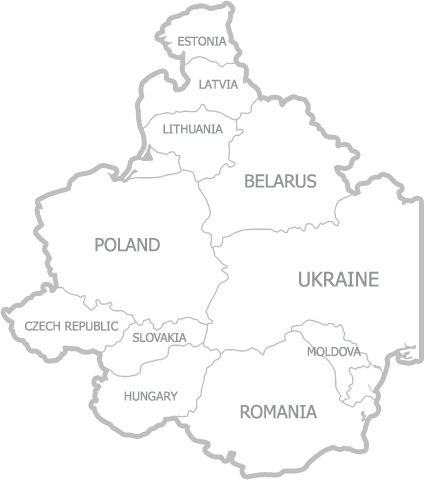
What is “Urban Labs Central Europe?” Traveling through Europe, one is constantly confronted with memories of conflict and reconciliation in places that have experienced dramatic upheavals. Urban Laboratories Central Europe offers a forum for international students based in Wroclaw, Poland to explore ideas about how the culture and politics of memory have shaped modern European identity. A once German metropolis nearly entirely re-populated and rebuilt by Poles at the end of WWII, Wroclaw is today a dynamic Central European city in the process of profound change. One of the host cities of the 2012 European soccer championships, the city has been has been designated the European Capital of Culture 2016. Wroclaw and the other sites visited by students in their time in Central Europe illustrate the continent’s multicultural past, and enable us to grasp how global events (formation of nation states at the beginning of the 20th century, WWI, WWII, Cold War, the building of the European Union) continue to transform the lives of citizens and their local communities. Methodologically, the project grows from the tradition of action research, which aims at transforming knowledge into practical social action. Therefore, students’ diverse contributions on this site, based on their travels, interviews, site visits, observations, and exchanges with academic experts, officials, practitioners and regular inhabitants of cities and towns mainly in Poland, the Czech Republic, German, Lithuania, are intended to be a voice in deliberations about Europe’s past, but also its future. These global education programs are organized by the International Institute for the Study of Culture and Education of the University of Lower Silesia in Wroclaw in partnership with the Syracuse University and the State University of New York at Brockport.
